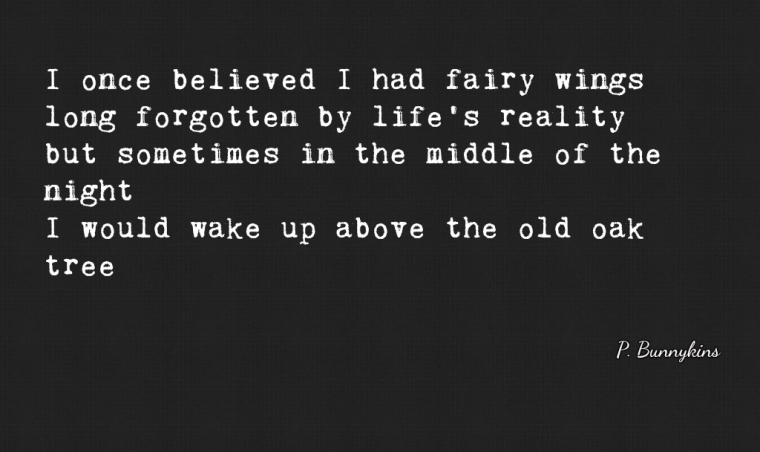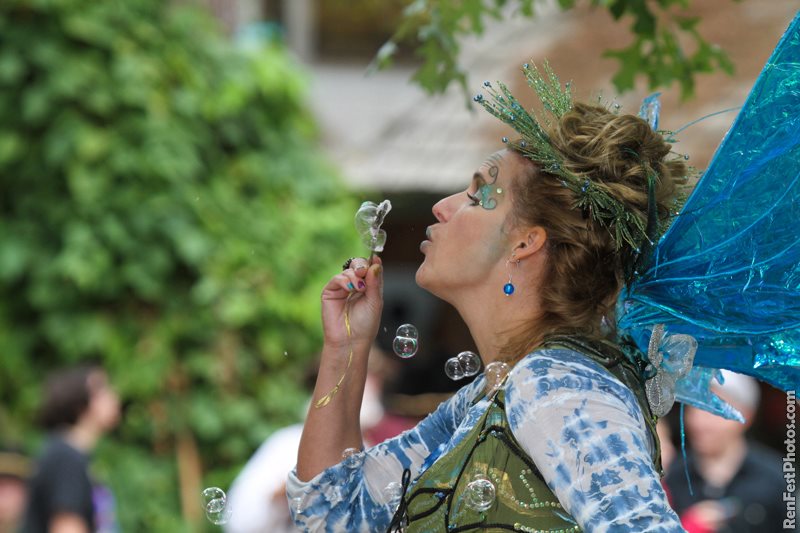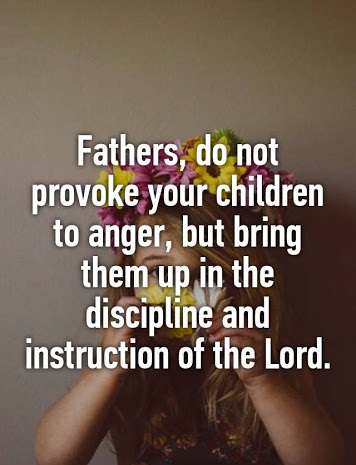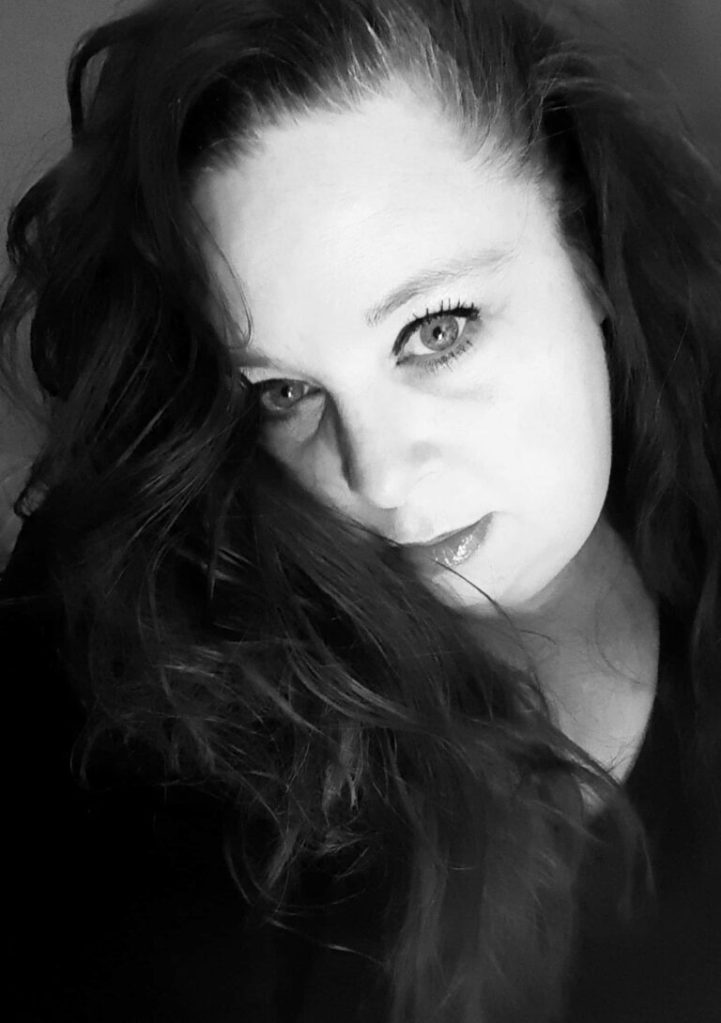An anchor that is sustaining me as I begin to walk my life in a new path, a solo path, is that I am not really alone. I am blessed to have three children, and the raising of them made me a woman capable of joy, even now that they’re grown and I am living on my own. Let’s share our stories of joy with each other, whether they come from the crucible of motherhood, or from some other place of deep rooted growth.
I used to think of myself as having “given up” my young adulthood to be a mother. It was a sacrifice, almost a burden. I didn’t get the time that so many of my friends did to work for a while, get some money in the bank, maybe get a down payment for a house saved up.
I looked at it as my lost youth. What I know now is that my children saved the joy from my youth, and they helped me carry it with me as they grew.
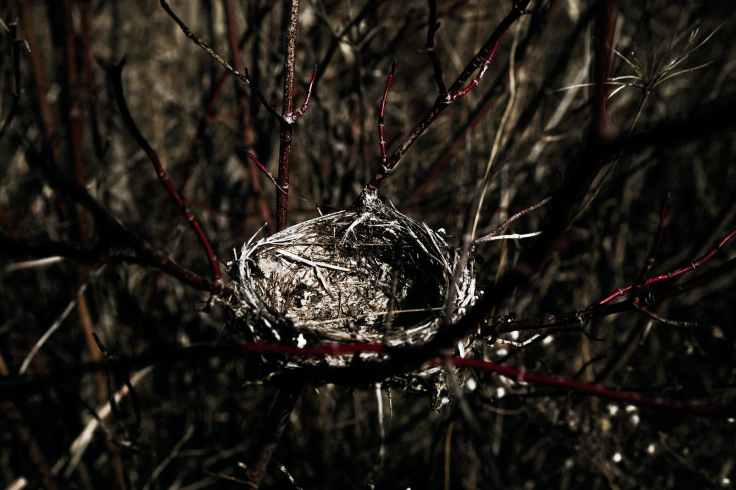
I have had to make a major shift lately because if I didn’t, I was going to move into this next phase with a lot of angst and resentment, kicking and screaming. The Empty Nest is a monumental transition. I had to shift or suffer, wasting the next 25 (hopefully) years unable to enjoy and appreciate what life was giving me. I enjoyed a Facetime call with three of my best college friends earlier this week; we suffered the travails of sorority rush when we were just eighteen years old, and now we bemoaned the travails of wherever we are in our motherhood journeys: two empty-nesters (though my house is not actually empty), a mom who has just one senior-in-high-school daughter left at home and can see her freedom beckoning like a fluttering will-o’-the-wisp, and a mom who has seen her eldest through a grueling triple organ transplantation and is now fiercely protecting her younger children from a negligent, violent husband whom she is divorcing. We are all happy about our motherhood and struggling with it in equal measure.
I am changing the way I think: I am glad I started motherhood so young! It means I get to enjoy this new phase while I am hip and (relatively) healthy. And, more significantly, I am owning this thing that people keep telling me, but that I have had a hard time believing: I was a pretty good mother.

Ready Like a Mother
When I became a mom, I had to figure it out. I hadn’t had healthy mothering in my childhood, so my tool box was pretty empty. My mom was debilitated by mental illness and addiction, was damaged by faith and desperately lonely in a house with four other equally lonely humans. I looked to relatives and friends’ moms to help me figure it out. My friend Chellie’s mother, Bea, stood across her kitchen counter and offered sage advice while feeding me scratch-made chocolate cake. Carol Brady, Samantha Stephens, and June Cleaver were role models. When I became a mother, I didn’t have peers to emulate; my best friend and I were the first in our college class to get pregnant. She and I had been roommates and pledge sisters, and we had our first babies just six weeks apart. She was just barely ahead of me on the question train: how to get the baby to latch on, when to add cereal, how to manage tummy aches, and such.
A theme of my motherhood was to protect them by being around just enough: not a helicopter, instead maybe a stealth missile. I wanted to keep them safe while instilling courage, so I instructed them, at ages 4 and 6 to “hold onto my pockets” so that I could carry their baby sister into stores. They never did let go, not once. As they grew older, I didn’t spy, I never did read a journal, though I did go through some drawers. On the night of my eldest’s eighth grade dance, I dropped her off and pretended to drive away, then sneaked back into the cafetorium and hid behind a pillar to watch her have fun with her friends in the dress I’d put the finishing touches on just a few minutes before. In my mind, the dress was my back pocket and I was at that dance with her, still protecting from afar.
Now, I am a grandmother, with a nine-month-old grandson and a twenty-one-month-old granddaughter; they, along with their parents, live with us. I was not ready for this new role, this new identity. Because I started my family so young, I was looking forward to the span during which my own kids were grown and independent, so I could be a little selfish with my time and resources. I thought I could pretend to be ten years younger and travel the world, just being indulgent and drinking pomegranate mimosas. Of course, that’s not how it worked. Honestly, when do our plans ever really go like we thought they would?
On the day my daughter and her partner told us about grandbaby number one, we were sitting at brunch at a local restaurant. I knew something was up and asked my daughter to accompany me to the restroom, where she told me she was pregnant and I slid down the wall and plopped gracelessly on the cold tiled floor (it was a nice restaurant, the floor was clean. Thank goodness we weren’t at a truck stop). After the meal, we continued the conversation at our home, and when they left after a long talk about the impending baby, I just leaned over into my husband’s arms and bawled, “I am not ready to be a grandmother.” “I know,” he sighed, “but are you ready to help your daughter be a good mom?” Of course I am.
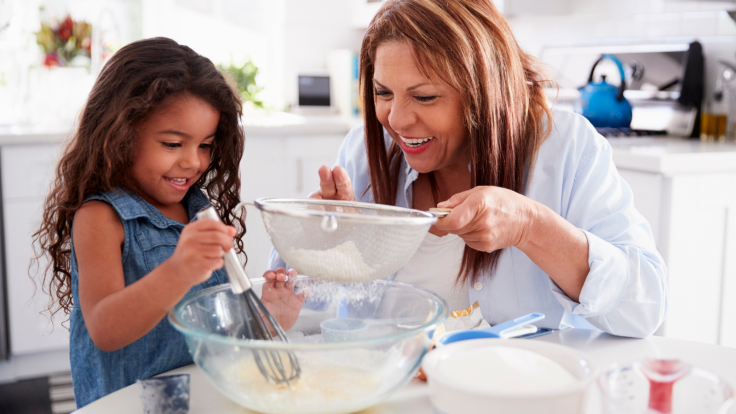
The Awesome Power of the Grandmother
I remember the awesome influence of my own grandmothers, especially my grandmother June, whose life was a testament to the beauty of resilience and generosity. She never had a mother of her own, and her father was murdered when she was a young woman, and like me, she had to look around her for women to be role models into motherhood. She taught me about the importance of skin care, and that sitting on the porch watching birds was, in fact, a valuable way to spend time.
Her house was imbued with the magic of hospitality, space to be myself, and a place to imagine: an attic room. The stairs were behind a beautiful oak door, and once climbed, revealed a sublime room with an old iron bed, shelves upon shelves of books, boxes of toys and dress up clothes, and a window seat. This room was where I felt more at peace, more myself, than any place I had encountered. In this room, perched on the window seat, I drew pictures and wrote stories, dressed as a lady, danced, and read books. When I read Little Women for the first time, I recognized Jo’s love for her attic. I had my own attic to love. Almost always, when I was there, my mother was in a completely different town, so the pall of her depression was lifted. My introverted little soul could fly free, all under the gentle and generous eye of my beloved Grandma June.
To become a comparable source of joy and a well of confidence for my grand-kids and, more importantly, their mother, to continue to nurture my relationships with my adult kids who remain single, requires that I look backward into my own child-rearing years. I want to remember, from their births to their graduations and beyond, how I explored the idea of being a good parent as well as how I messed up royally but stayed in the game. I want to acknowledge that I was a good mom, which means I need to figure out how I did it. How I still do it. Because I am definitely not finished being a mom. Nowhere near it.

Lessons from transitioning to being a mother, then to grandmother:
- If you’re young, look around for role models and don’t be afraid to ask questions.
- If you’re older, look around for younger adults who need mentors. We can be a pretty isolated society. You might have a church single or a teen neighbor who could use a friend who’s got a lot of life experience.
- Protect, but don’t rescue. Don’t hover. It’s not good for anyone.
- Apologize to your kids when you make a mistake. They’ll remember that as they grow. It teaches them that it’s safe to be imperfect.
- Write down or otherwise record the moments when you stumbled to goodness. Too often, we focus on the extremes: the picture-perfect happy, glossy moments, or the times when tragedy happens or fierce disagreements cause heartache. I think that lasting joy is found in the middle, those moments when life is just rolling along and you stumble sometimes but you keep going and growing.
- Save some toys for your grandkids.
What wisdom do you have about mothering, or empty-nest transitioning? Share, I’d love to learn from you!



